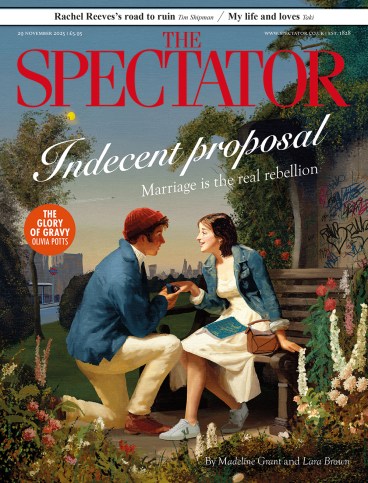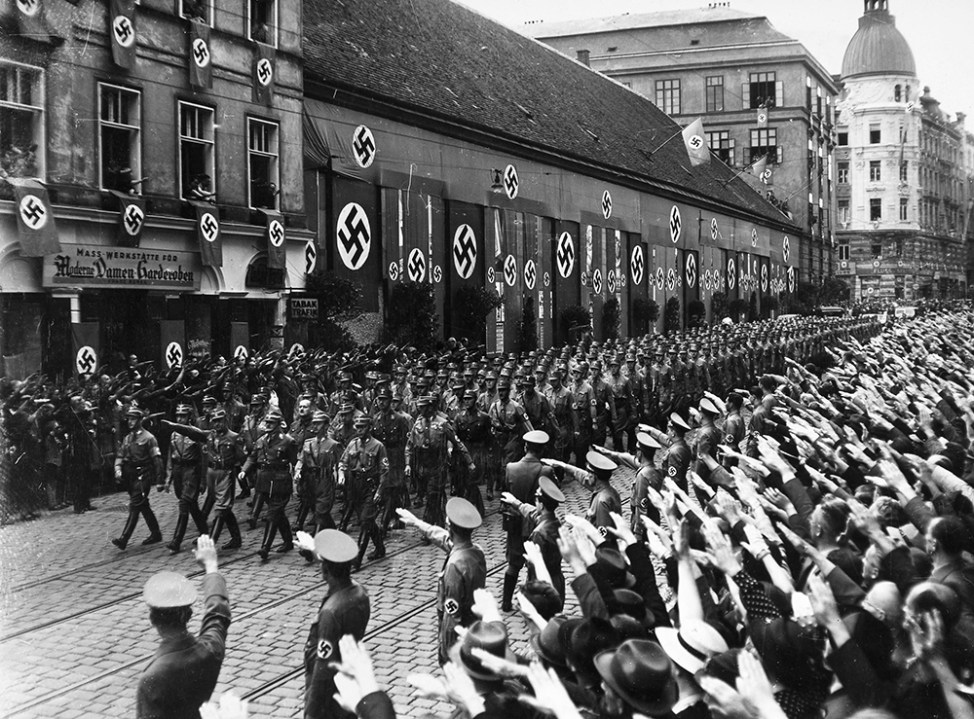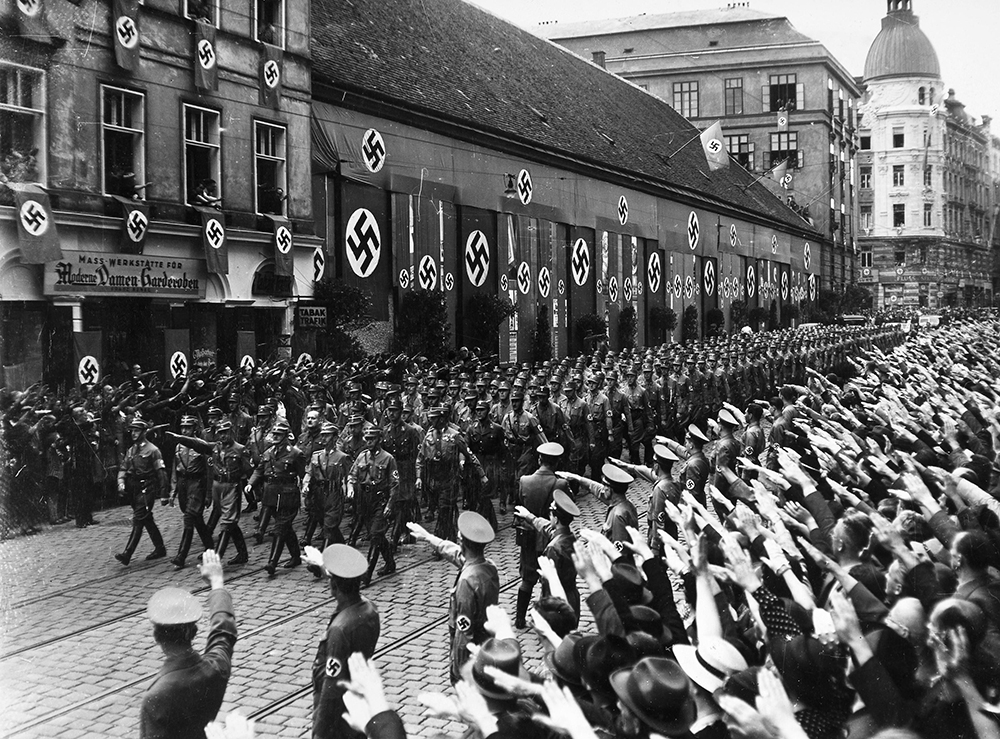
Vienna, 25 July 1934 is a significant date in Austria’s history. But in The Matchbox Girl, the big events happen offstage, the world seen entirely through the eyes of its youthful narrator. We focus not on the assassination of Chancellor Dollfuss and a failed Nazi coup, but the children’s hospital, where 12-year-old Adelheid Brunner is waiting to be assessed for admission because she’s mute – designated ‘special’. Or, as her grandmother puts it, hopeless, ‘an idiot’.
In the tall, shabby hospital, the young inmates are a protected community, closely observed by a team of specialist doctors, among them young Hans Asperger, later to find fame with his syndrome. Sister Victorine, a patient, saintly nun, oversees the gaggle of unruly, sometimes frenzied children. With the arrival of the Nazis, their precarious safety drains away, everything suddenly teetering on the brink of devastation.
In this compelling, deeply researched novel, Alice Jolly blends history and fiction, real people mingling with invented characters to create a jittery world where innocent high jinks coexist with terror. Adelheid is an enchanting creation, with her secret notebooks, her pet rat and her cherished collection of matchbox covers – 561 so far. She is voiceless, but she writes incessantly, and we are privy to her silent eloquence, her narrative flashing between present and future – ‘I write for You now from my Posthumous Life’ – flamboyantly capitalising words and castigating herself – ‘Thinkthinkthink… try to remember what a well-behaved Catholic girl with Appropriate Community spirit would do.’ She learns how to become invisible, slipping into cupboards, behind doors, between bookcases, while she listens to conversations she doesn’t always comprehend.
With the war come harsher times: the Gestapo have plans for ‘useless eaters’. Adelheid grows up fast, but her ability to foresee a threatening event and create a diversion cannot always prevent the horrors. This is Alice in Nightmareland. The nuances of collaboration and knife-edge decisions in the last days of the war emerge vividly through Adelheid’s deadpan, poignant commentary. She stumbles on secrets and lies, some of them bewildering.
Then came a crucial turning point. Before the Nazi takeover, the doctors were working to decipher and understand ‘difference’, exploring the psychopathology of autism. The Reich put an end to that: orders were given, medical papers signed. Children mysteriously disappeared. Asperger, enigmatic and obsessed with his thesis, had always been gentle with the children and was never a member of the party. But was he a hero or complicit with the Nazis? What ultimately meant more to him: the research or the children? Perhaps it was more complicated than that.
Jolly has won awards, including the Ackerly prize for her memoir Dead Babies and Seaside Towns; she knows about pain. The Matchbox Girl is as tense as a thriller and profoundly moving. As Adelheid puts it: ‘One thousand blades of grass are not a lawn. Children Also.’ Unique, each blade deserves attention.








Comments